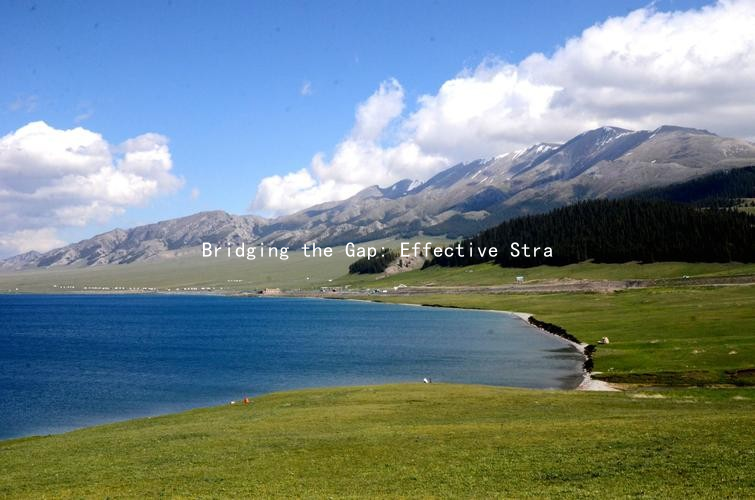The Science of Love: Effective Communication Techniques for Couples
In the journey of love, effective communication stands as a foundational pillar that can either strengthen or weaken a relationship. Understanding and employing techniques that foster open dialogue can lead to deeper connections and greater satisfaction between partners. Here are several science-backed communication techniques that can help couples navigate their relationship more effectively.
1. Active Listening: The Heart of Communication
Active listening involves fully engaging with what your partner is saying, both verbally and non-verbally. This means not just hearing the words, but also understanding the emotions and intentions behind them. To practice active listening, couples can:
– Maintain eye contact to show attentiveness.
– Avoid interrupting and allow each other to finish their thoughts.
– Reflect back what you’ve heard to confirm understanding. For example, What I hear you saying is that you feel overwhelmed with work. Is that right?
This technique helps partners feel valued and understood, leading to more productive discussions.
2. Use I Statements to Express Feelings
When communicating feelings or concerns, using I statements can prevent defensiveness and foster open dialogue. For instance, instead of saying, You never listen to me, you might say, I feel unheard when we talk about our plans. This shift in language helps express emotions without blaming the other person, which can lead to more constructive conversations.
3. Timing Matters: Choosing the Right Moment
Discussing sensitive topics requires careful timing. It is essential to choose moments when both partners are calm and focused, rather than during stressful times or distractions. Couples should consider scheduling conversations for quieter times, ensuring they can give their full attention to the discussion at hand.
4. Non-Verbal Communication: Beyond Words
Non-verbal cues, such as body language, facial expressions, and tone of voice, play a crucial role in communication. Couples should be mindful of these signals:
– Use open body language to convey approachability.
– Be aware of your facial expressions; they can communicate emotions even before words are spoken.

– Tone of voice can change the meaning of words dramatically. For example, saying Thats interesting in a sarcastic tone can signal annoyance rather than curiosity.
Understanding and aligning non-verbal communication with verbal messages can enhance clarity and connection.
5. Practice Empathy
Empathy is the ability to understand and share the feelings of another. Practicing empathy in communication allows partners to connect on a deeper emotional level. Couples can enhance empathy by:
– Asking questions that encourage emotional sharing, such as, How did that make you feel?
– Validating each others feelings, even if they don’t agree. Saying, I can see why you feel that way, fosters a supportive environment.
– Reflecting on past experiences that may inform their partner’s emotions. This helps in building a bridge of understanding.
6. Establish Boundaries and Respect Them
Every relationship requires healthy boundaries. Discussing and agreeing on boundaries around topics like personal space, privacy, and emotional triggers can create a safe environment for both partners. Communicating boundaries effectively involves:
– Clearly stating what is acceptable and what isn’t, using I statements (e.g., I need some alone time to recharge).
– Respecting your partners boundaries without question or resentment.
By setting and respecting boundaries, couples can avoid misunderstandings and foster a deeper respect for one another.
7. Regular Check-Ins: Keeping the Connection Alive
Like any relationship, love requires regular maintenance. Scheduling regular check-ins can provide a structured space for couples to discuss their feelings, evaluate their needs, and address any concerns that may have arisen. These should be safe spaces where both partners can express themselves honestly and reflect on the relationships health.
In conclusion, the science of love tells us that effective communication plays a crucial role in fostering a healthy, sustainable relationship. By actively listening, employing I statements, being mindful of timing, and practicing empathy, couples can significantly enhance their connection. Communication is not just about talking; its about understanding, validating, and growing together. Embracing these techniques can create a more profound sense of intimacy, making the journey of love even more rewarding.





